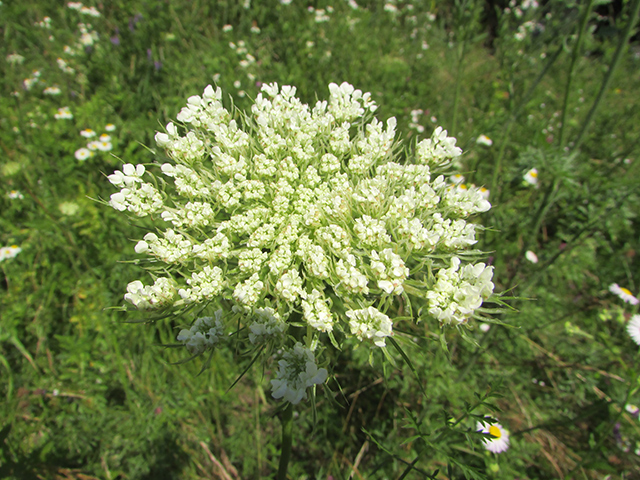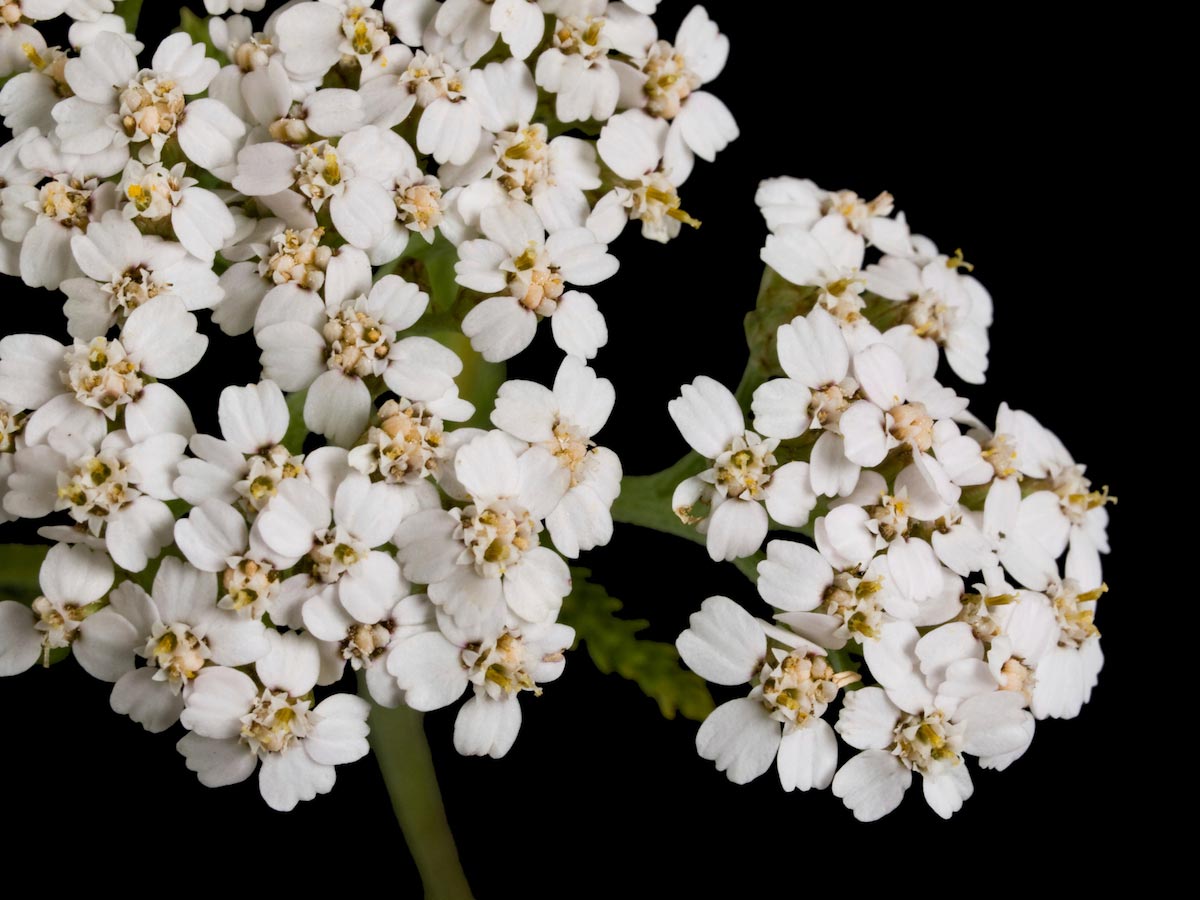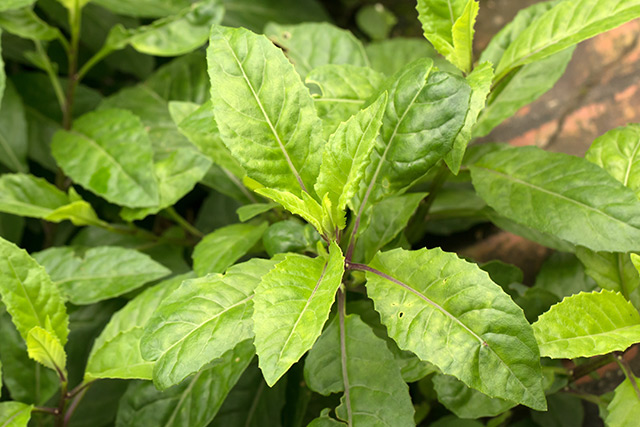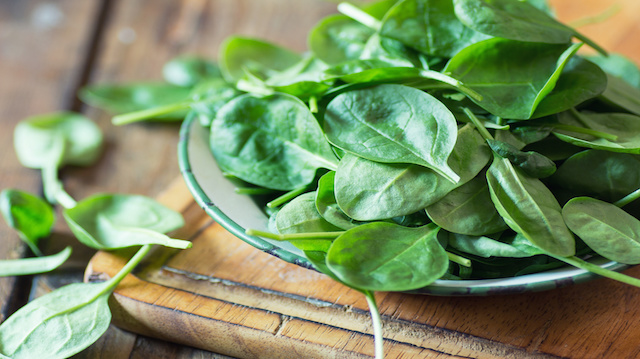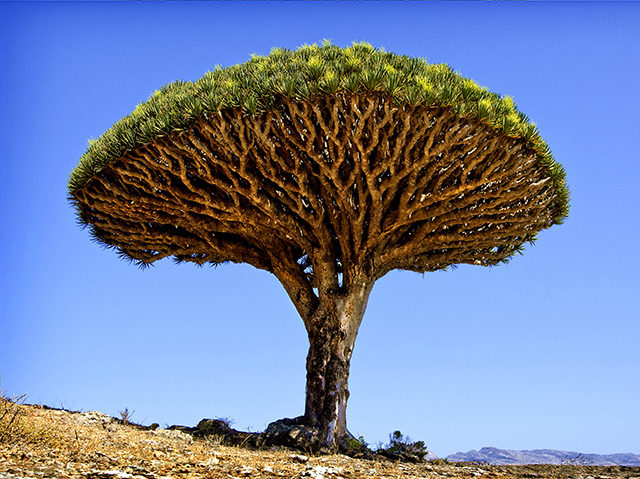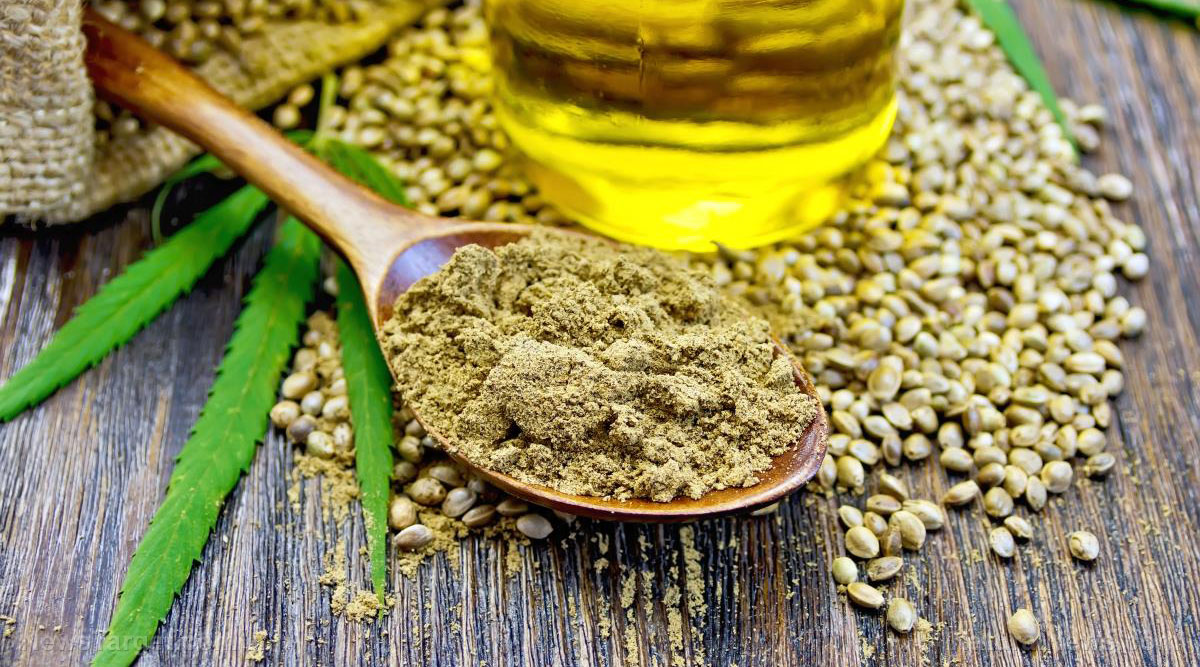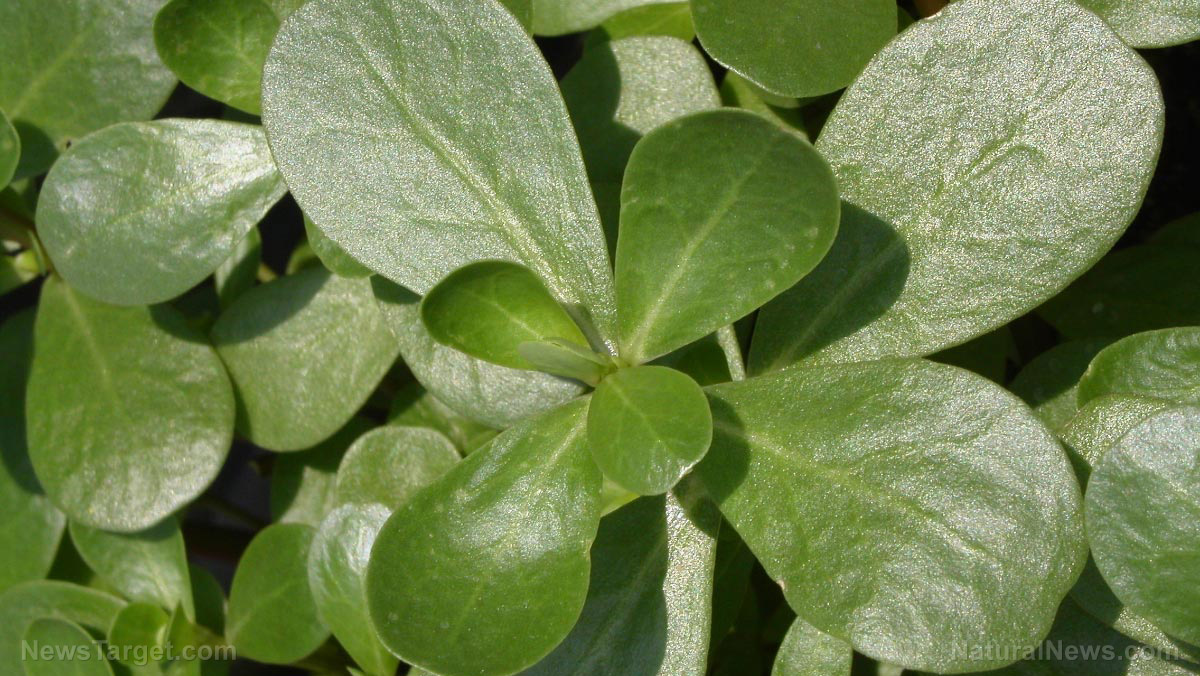Herbal remedy that was effective against SARS found to be beneficial for acute lung injury
07/25/2018 / By Frances Bloomfield

In traditional Chinese medicine, the chameleon plant (Houttuynia cordata) is associated with lung diseases. Its primary function is to treat the abscesses and heat that develop in the lungs, which often manifest as coughs with phlegm. Because of this, the chameleon plant became the focus of research relating to severe acute respiratory syndrome (SARS) during the early 2000s. Come 2018, another group of investigators scrutinized this plant for its potentially beneficial effects on acute lung injury.
Male rats were used for the study. Overnight fasting was carried out prior to experimentation via the “two-hit” acute lung injury animal model. The rats were divided into six groups: the control group, the acute lung injury group, the prednisone group, and three groups that were administered varying doses of crude polysaccharides. Hemorrhagic shock was induced through blood withdrawal and resuscitation was done through the transfusion of the extracted blood. The researchers then injected lipopolysaccharides (LPS) to bring up the body temperatures of the rats, which were then euthanized several hours later.
The histologic examination revealed that prednisone, a synthetic corticosteroid used to treat inflammatory illnesses, was highly effective at reducing lung damage. A similar effect was observed in the lung tissues of the rats from the 50 mg/kg and 100 mg/kg crude chameleon plant polysaccharides groups. The researchers noted that both doses “significantly attenuated the neutrophil accumulation, alveolar wall thickening, and intra-alveolar exudation,” all of which are markers of acute lung injury.
Further analysis revealed the extent of the crude chameleon plant polysaccharides’ protective effects. The lung wet/dry weight ratio indicated that a reduction in pulmonary edema, while the lower protein concentrations in the bronchoalveolar lavage fluid (BALF) showed little change to pulmonary epithelial-endothelial barrier function. (Related: How safe are blood transfusions? Some experts warn of potentially deadly side effects.)
The effects on the neutrophils were of particular interest to the researchers. They explained that an overabundance of neutrophils would cause oxidants to spike, possibly causing an oxidant-antioxidant imbalance that could, in turn, accelerate the development of a lung injury. Based on this, the researchers stated in their study that “taking [crude chameleon plant polysaccharides] could reduce the pulmonary oxidative stress to modulate the oxidant-antioxidant balance.”
As for the results of the LPS fever test, both crude chameleon plant polysaccharides and aspirin lowered the body temperatures and leukocyte levels of the rats. However, only the crude chameleon plant polysaccharides had any positive effect on the rats’ complement levels. This system, according to the researchers, consists of over 30 “plasma- and membrane-bound proteins” and is thought of as a “nonspecific host immune response.” They added that the activation of certain components could lead to the development or progression of certain autoimmune diseases, which makes controlling these components all the more essential.
“In conclusion, this study demonstrated that [crude chameleon plant polysaccharides] can ameliorate not only the ‘two-hit’ [acute lung injury], but also the LPS-induced fever in rats, both of which are associated with inhibition of the excessively activated complement system,” wrote the researchers. Moreover, this plant was also deemed a “promising natural complement inhibitor” for the treatment of diseases caused by changes to the complement system.
To learn more about other natural cures and remedies for respiratory health, simply go to ChineseMedicine.news today.
Sources include:
Tagged Under: acute lung injury, alternative medicine, chameleon plant, crude chameleon plant, herbal medicine, Houttuynia cordata, inflammatory illnesses, lung diseases, lung injury, medicinal plants, natural cures, natural healing, plant cures, plant medicine, polysaccharides, prednisone, remedies, respiratory health, SARS, severe acute respiratory syndrome, traditional Chinese medicine



